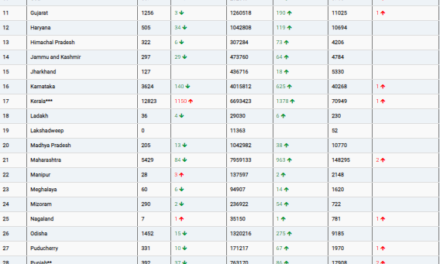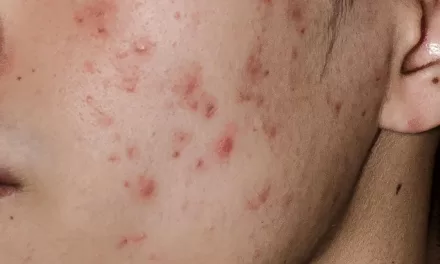Delhi doctors are reporting a significant increase in cases of Hand, Foot, and Mouth Disease (HFMD) among young children, driven by the onset of the monsoon season. This highly contagious viral illness, primarily affecting infants and children under the age of seven, is characterized by symptoms such as fever, sore throat, mouth sores, and a rash on the hands and feet.
HFMD is caused by various enteroviruses, with Coxsackievirus A16 and Enterovirus 71 being the most common culprits. Dr. Krishan Chugh, Principal Director and Head of Pediatrics at Fortis Memorial Research Institute in Gurugram, highlighted the unusual surge in cases. “We are seeing 4-5 cases every day, which is much higher than the average cases we used to see,” he said. He emphasized that children aged 1-7 are particularly affected.
The disease usually starts with a fever, sore throat, and general malaise, followed by painful sores or blisters in the mouth and a rash on the palms and soles. These symptoms can make eating and drinking difficult for the children. While the rash may appear as small red spots or blisters, in some instances, especially with Enterovirus 71, HFMD can lead to severe complications like viral meningitis or encephalitis.
HFMD spreads easily through close personal contact, respiratory droplets from coughing or sneezing, and contact with contaminated surfaces or feces. This high level of contagiousness often leads to outbreaks in places where young children gather, such as daycares and schools.
Dr. Atul Gogia, Senior Consultant and Head of Infectious Diseases at Sir Ganga Ram Hospital, emphasized the self-limiting nature of the disease, which typically resolves within two weeks. “It is spread by close contact, respiratory droplets, and skin contact. Treatment is mostly symptomatic, and prevention involves avoiding close contact and ensuring respiratory isolation,” he explained.
Dr. Poonam Sidana, Director of Neonatology & Pediatrics at CK Birla Hospital, pointed out that the hot and humid weather during the rainy season creates an ideal environment for the virus to thrive, leading to the current surge in cases.
Adding to the concerns, recent reports from Kerala have mentioned an epidemic referred to as “tomato fever,” which doctors clarify is a misleading term for HFMD.
Dr. Chugh urged parents and caregivers to remain vigilant. “It’s crucial to be aware of the symptoms, which include fever, mouth sores or blisters, and a rash on the hands and feet. We urge parents to seek immediate medical attention if they suspect their child has HFMD,” he advised.
With the monsoon season still underway, health officials are calling for heightened awareness and preventive measures to curb the spread of this contagious disease.











